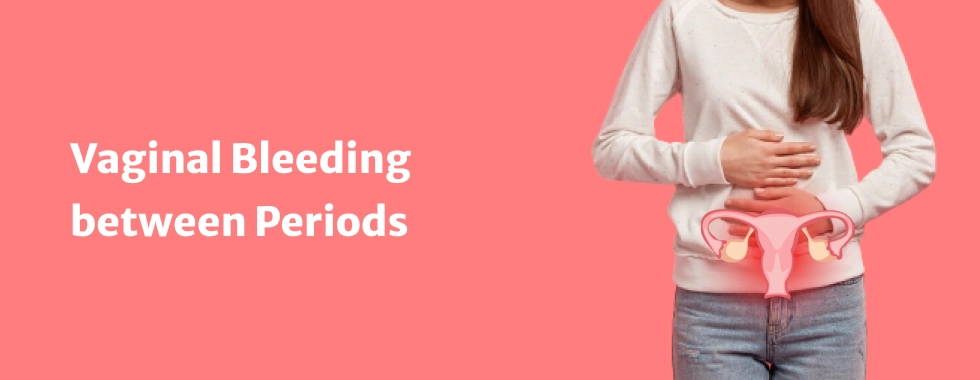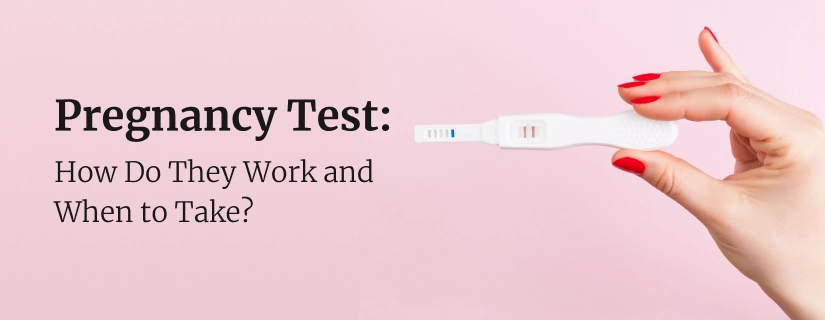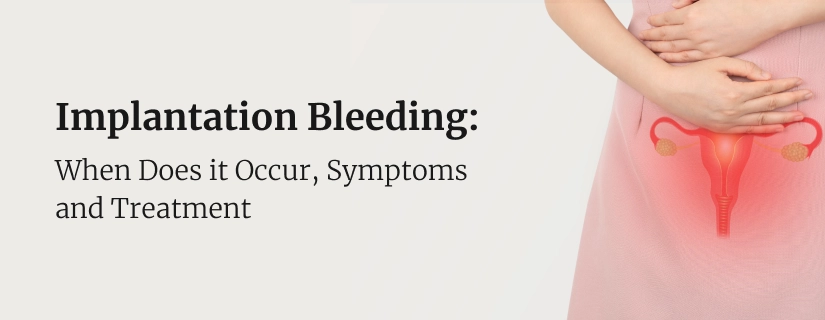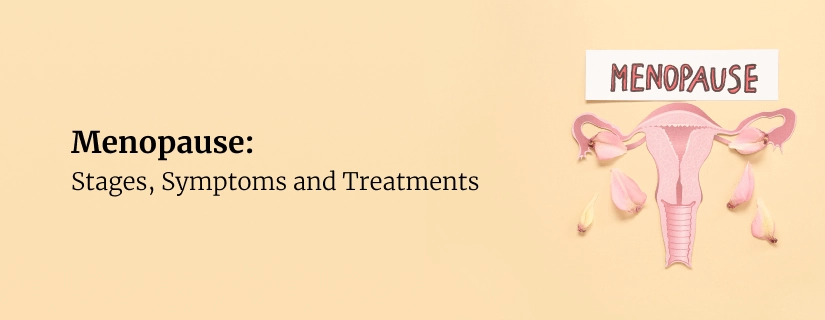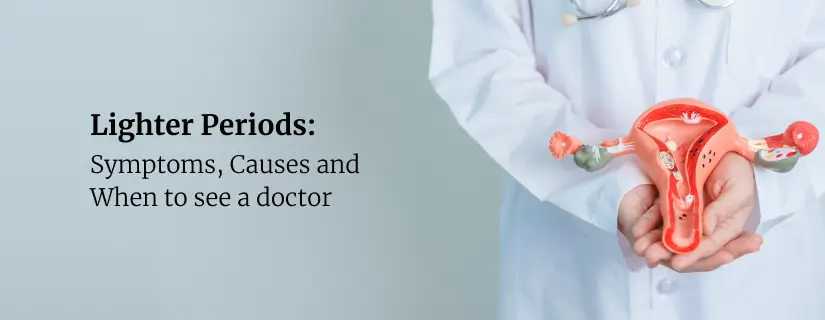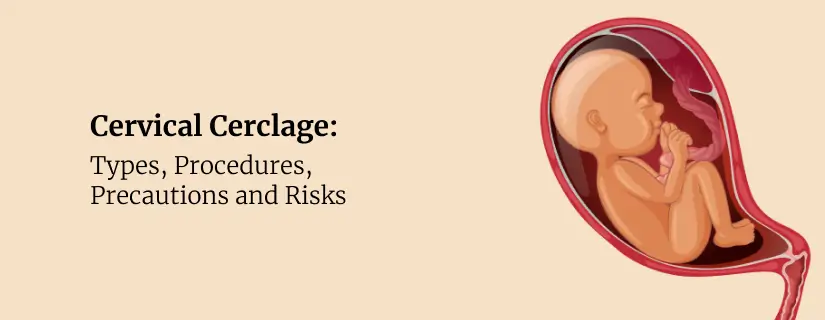-
Doctors
-
Specialities & Treatments
Centre of Excellence
Specialties
Treatments and Procedures
Hospitals & Directions HyderabadCARE Hospitals, Banjara Hills CARE Outpatient Centre, Banjara Hills CARE Hospitals, HITEC City CARE Hospitals, Nampally Gurunanak CARE Hospitals, Musheerabad CARE Hospitals Outpatient Centre, HITEC City CARE Hospitals, Malakpet
HyderabadCARE Hospitals, Banjara Hills CARE Outpatient Centre, Banjara Hills CARE Hospitals, HITEC City CARE Hospitals, Nampally Gurunanak CARE Hospitals, Musheerabad CARE Hospitals Outpatient Centre, HITEC City CARE Hospitals, Malakpet Raipur
Raipur
 Bhubaneswar
Bhubaneswar Visakhapatnam
Visakhapatnam
 Nagpur
Nagpur
 Indore
Indore
 Chh. Sambhajinagar
Chh. SambhajinagarClinics & Medical Centers
Book an AppointmentContact Us
Online Lab Reports
Book an Appointment
Consult Super-Specialist Doctors at CARE Hospitals
Ovulation: Signs & Symptoms, Cycle Timeline, and How Long Does Ovulation Last
Updated on 1 February 2024
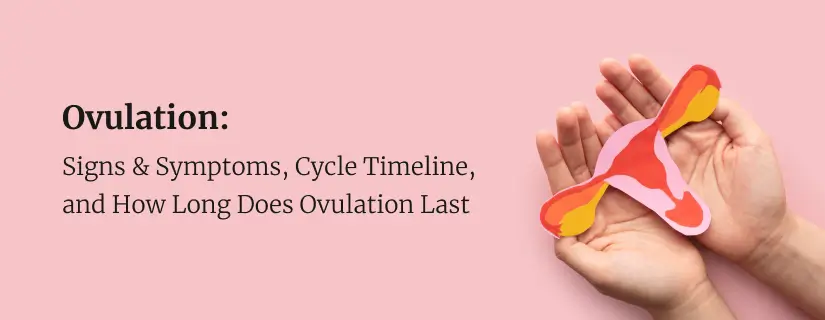
This blog serves as your friendly guide to unravelling the secrets of the crucial aspect of reproductive health. Have you ever wondered about the signs your body gives or how to predict the perfect time? We've got you covered!
Whether you're planning a family or mastering contraception, understanding ovulation is your key to making informed decisions. Let's embark on this journey, making the process simple and empowering for everyone.
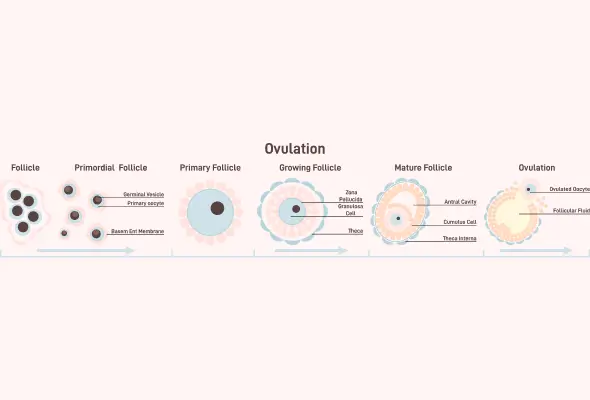
What is Ovulation?
Ovulation is a vital aspect of the menstrual cycle in females, characterized by the release of an egg from the ovary. Typically occurring midway through the menstrual cycle, it signifies heightened fertility. Hormones, particularly oestrogen, orchestrate this process, creating an optimal environment for potential conception. For individuals planning conception or managing contraception, comprehending ovulation is integral. This intricate biological occurrence is a pivotal aspect of reproductive health, influencing family planning decisions.
When do you ovulate?
Ovulation, the release of an egg from the ovary, typically occurs midway through a woman's menstrual cycle. For those with a 28-day cycle, this is around day 14. Signs include increased cervical mucus and a slight rise in basal body temperature. Ovulation predictor kits can help pinpoint fertile days. However, cycles vary, so tracking these signs regularly aids in predicting ovulation for those planning pregnancy or contraception. Consult a gynaecologist for personalized guidance.
Signs and Symptoms of Ovulation
Here are some signs and symptoms of ovulation:
- Cervical Mucus Changes: Ovulation triggers clear, slippery, and stretchy cervical mucus resembling egg whites.
- Basal Body Temperature Rise: After ovulation, a slight increase in basal body temperature is common.
- Pelvic Discomfort or Twinges: Some women experience mild pelvic pain or twinges during ovulation.
- Heightened Senses: Ovulation can bring about increased taste, smell, or vision senses.
- Increased Libido: A surge in intimacy desire often accompanies ovulation.
- Collective Signs of Fertility: These signs collectively indicate a woman's fertility window, aiding in family planning and understanding the menstrual cycle.
How long does ovulation last?
Ovulation, a pivotal phase in a woman's menstrual cycle, spans approximately 12 to 48 hours. It centrally unfolds around the middle of the menstrual cycle when a mature egg is released from the ovary, embarking on its journey down the fallopian tube. This short but crucial window signifies the most fertile period for conception.
- Accurately predicting ovulation is vital for those planning to conceive. Monitoring menstrual cycles provides a foundational understanding, with ovulation typically occurring around the cycle's midpoint.
- However, it's essential to recognize that individual cycles may vary, and several factors like stress can influence the exact timing of ovulation.
- Observing changes in cervical mucus serves as another valuable indicator. As ovulation approaches, the cervical mucus becomes clear and slippery, creating a more conducive environment for sperm to reach the egg.
- Additionally, using ovulation predictor kits aids in identifying the surge of luteinizing hormone that precedes ovulation.
- For a more comprehensive approach, tracking basal body temperature can offer insights. A slight increase in temperature post-ovulation indicates that this pivotal event has occurred.
While these methods provide valuable guidance, it's important to stay attuned to one's body and consider consulting healthcare professionals for personalised advice, ensuring a more precise understanding of the fertility window for optimal family planning.
Treatment to induce ovulation
If a woman is struggling with ovulation, there are several treatment options available to help induce ovulation. The choice of treatment depends on the underlying cause of anovulation. Here are some common methods:
- Medications:
- Clomiphene Citrate (Clomid): This oral medication is often the first choice. It stimulates the pituitary gland to release hormones that encourage the ovaries to produce eggs.
- Letrozole (Femara): Originally used for breast cancer, this drug can also help induce ovulation. It works similarly to Clomid but may have fewer side effects.
- Gonadotropins: These are injectable hormones that directly stimulate the ovaries to produce eggs. They are usually used if oral medications do not work.
- Lifestyle Changes:
- Maintaining a healthy weight through diet and exercise can help regulate menstrual cycles and improve ovulation.
- Insulin Sensitizers:
- For women with insulin resistance (often seen in conditions like PCOS), medications like Metformin can help improve ovulation.
- Surgery:
- In some cases, minor surgical procedures may be needed to remove ovarian cysts or correct anatomical issues that hinder ovulation.
- Monitoring:
- During treatment, doctors often monitor ovulation through blood tests and ultrasounds to ensure that the medications are working effectively.
Health conditions that might affect ovulation
Several health conditions can affect a woman's ability to ovulate, which can lead to irregular menstrual cycles or even missed periods. Here are some of the key conditions that can impact ovulation:
- Polycystic Ovary Syndrome (PCOS): This is one of the most common hormonal disorders among women of reproductive age. PCOS can cause irregular periods, excess hair growth, and cysts on the ovaries, making ovulation unpredictable.
- Primary Ovarian Insufficiency (POI): In this condition, the ovaries stop functioning normally before the age of 40. This can lead to decreased hormone production and disrupt the regular release of eggs.
- Hypothalamic Amenorrhea: This is linked to significant stress, weight loss, or excessive exercise, this condition can impact the brain's signals that regulate the menstrual cycle, resulting in irregular or absent ovulation.
- Thyroid Disorders: Both hypothyroidism (low thyroid hormone levels) and hyperthyroidism (high thyroid hormone levels) can disrupt the balance of hormones in the body, affecting regular ovulation.
- Endometriosis: This painful condition occurs when tissue similar to the lining inside the uterus grows outside it. Endometriosis can disrupt hormonal balance and affect ovulation.
- Menopause: As women age, hormonal changes lead to menopause, which marks the end of ovulation and menstrual cycles.
Improve the chances of ovulation
There are several effective methods to enhance your chances of ovulation. For example, you can:
- Achieve a healthy weight by consuming consistent, nutritious meals.
- Engage in regular physical activity, while steering clear of overexertion.
- Control your stress through relaxation practices or mindfulness strategies.
How to Predict Ovulation?
Predicting ovulation is vital for those aiming to conceive or practise effective contraception.
- Begin by consistently tracking your menstrual cycle, noting the start and end dates each month.
- Typically, ovulation occurs around the middle of your cycle.
- Observe changes in cervical mucus, as it becomes clear and slippery during fertile periods.
- Utilise ovulation predictor kits that detect a surge in luteinizing hormone, a sign of impending ovulation.
- Another method involves tracking basal body temperature; a slight increase suggests ovulation is approaching.
Combining these techniques offers a comprehensive understanding of your fertility window. Some women may also experience physical cues like pelvic pain or improved senses during ovulation. Remember that individual cycles can vary, so consistency is key. Consider maintaining a fertility calendar or using mobile apps that help consolidate data.
Consulting with a healthcare professional can provide personalised guidance. Whether planning for or preventing pregnancy, understanding your ovulation cycle empowers you with valuable knowledge for informed family planning decisions.
When to contact a doctor
Sometimes, symptoms resembling ovulation may indicate an underlying health issue. For example, conditions like endometriosis can cause pain similar to that of ovulation. If you frequently experience problems around the midpoint of your cycle, it’s advisable to seek medical advice.
If ovulation is the cause of the pain, a doctor can suggest methods to alleviate it.
People should seek immediate medical attention if they experience:
- Severe pain lasting several days
- Pain that disrupts daily activities
- Vaginal bleeding
- A fever
Conclusion
In the realm of fertility and family planning, understanding ovulation is a powerful tool. Recognizing signs, predicting its occurrence, and understanding the fertility window are crucial for making informed decisions. From cervical mucus changes to increased senses, these insights help individuals. In conclusion, the knowledge gained about ovulation serves as a compass, guiding those navigating the path of family planning with confidence and understanding.
To Book an Appointment, call:
ENQUIRY FORM
SELECT CATEGORIES
-
Neurosciences (16)
-
Neurology (37)
-
Neurosurgery (14)
-
Orthopaedics (48)
-
Oncology (33)
-
Obstetrics and gynecology (52)
-
Pulmonology (23)
-
Urology (20)
-
Nephrology (13)
-
Psychiatry (7)
-
Dietetics and Nutrition (111)
-
General Medicine (63)
-
Cardiac Sciences (32)
-
Vascular & Endovascular Surgery and Interventional Radiology (15)
-
Gastroenterology (46)
-
Endocrinology (23)
-
Plastic Surgery (10)
-
Critical Care Medicine (5)
-
COVID-19 (16)
-
Dermatology (16)
-
Emergency Care (1)
-
Ophthalmology (4)
-
Pediatrics (14)
-
Laparoscopic and Bariatric Surgery (8)
-
ENT (15)
-
Kidney Transplant (1)
-
Liver Transplantation and Hepatobiliary Surgery (5)
-
General Surgery (3)
-
Internal Medicine (5)
-
Medicine Information
Blood Clots During the Period: Is it Normal?
9 Ways to Increase Breast Milk Supply
YOU MAY ALSO LIKE
RECENT BLOGS
-

Preterm Birth (Premature Birth): Symptoms, Causes, Treatment and Prevention
13 May 2025
Read More
-

Rotablation Angioplasty: Benefits, Treatments, And Recovery Time
9 May 2025
Read More
-

What Is The Difference Between IUI and IVF?
9 May 2025
Read More
-

Venous Malformations: Causes, Symptoms, and Treatment
30 April 2025
Read More
-

Varicose Vein Foam Sclerotherapy: Treatment, Benefits, and Procedure
30 April 2025
Read More
-

Radiofrequency (RF) Ablation Treatment for Varicose Veins: Know More
30 April 2025
Read More
-

Varicose Vein Sclerotherapy: Treatment, Benefits, and Procedure
30 April 2025
Read More
-

Varicose Vein Endovenous Laser Ablation: Procedure, Benefits, Risks
30 April 2025
Read More
Have a Question?
If you cannot find answers to your queries, please fill out the enquiry form or call the number below. We will contact you shortly.





























